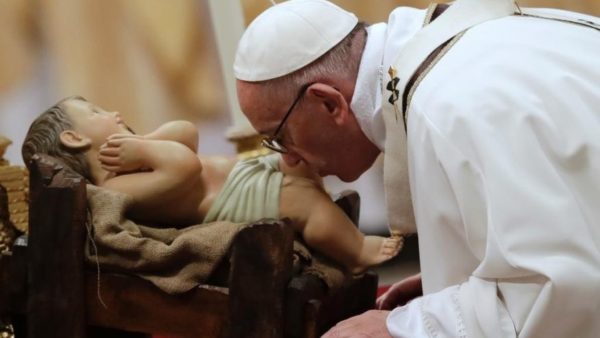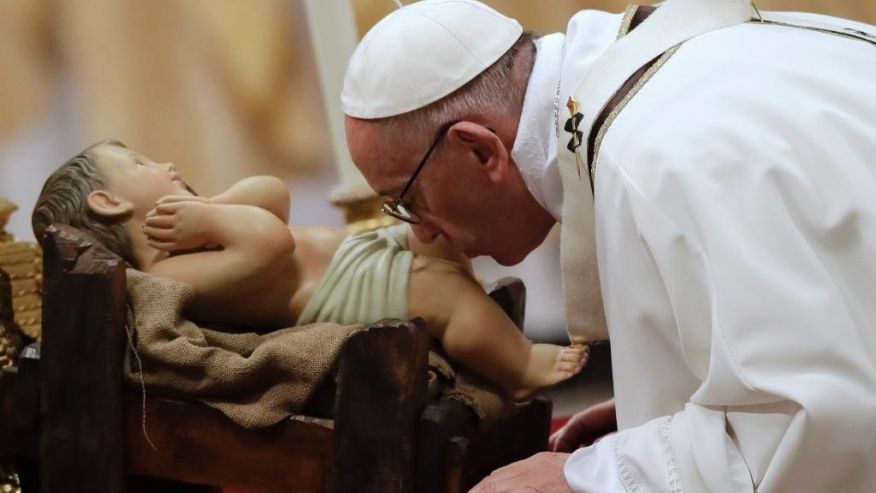VATICAN CITY – With the passing of Pope Francis, the world’s attention now turns to the Vatican, where the College of Cardinals will soon gather in a conclave to elect his successor. The process, shrouded in tradition and secrecy, is notoriously unpredictable, but several key figures have emerged as potential candidates to lead the Roman Catholic Church.
The election of a new Pope is a complex interplay of theological viewpoints, geopolitical considerations, and the often-mysterious workings of the Holy Spirit. While predicting the outcome is a perilous task, certain cardinals, known as papabili (those considered “pope-able”), are generating significant buzz within Vatican circles and among observers.

Key Cardinals to Watch:
- Cardinal Matteo Zuppi (Italy): The Archbishop of Bologna, Cardinal Zuppi, is often seen as a leading contender. His pastoral experience, coupled with his reputation as a moderate and bridge-builder, aligns with the style of Pope Francis. His work in mediating international conflicts has also garnered attention.
- Cardinal Luis Antonio Tagle (Philippines): The Pro-Prefect for the Dicastery for Evangelization, Cardinal Tagle, is a highly respected figure within the Church. His experience in Asia, a region of growing Catholic influence, and his eloquent communication style make him a compelling candidate.
- Cardinal Peter Erdő (Hungary): The Archbishop of Esztergom-Budapest, Cardinal Erdő, is a canon law expert and a respected figure in European Catholicism. His conservative theological views could appeal to cardinals seeking a more traditional direction for the Church.
- Cardinal Jean-Claude Hollerich (Luxembourg): The Archbishop of Luxembourg, Cardinal Hollerich, is a prominent voice on social justice issues and a strong advocate for interfaith dialogue. His progressive stance on certain issues could resonate with cardinals seeking continuity with Pope Francis’s legacy.
- Cardinal Odilo Scherer (Brazil): The Archbishop of São Paulo, Cardinal Scherer, represents the largest Catholic country in the world. His experience in Latin America and his moderate approach make him a potential consensus candidate.
Factors Shaping the Conclave:
- Geopolitical Considerations: The geographical representation of the College of Cardinals plays a role, with cardinals from regions like Africa and Asia gaining increasing influence.
- Theological Debates: The conclave will likely reflect ongoing debates within the Church regarding issues such as social justice, environmentalism, and the role of the Church in the modern world.
- Continuity vs. Change: Cardinals will grapple with the question of whether to elect a successor who will continue Pope Francis’s reforms or steer the Church in a different direction.
- The Influence of the Holy Spirit: Ultimately, the election is seen as a process guided by the Holy Spirit, making it inherently unpredictable.
An Unpredictable Process:
The conclave, held in the Sistine Chapel, is a tightly controlled process. Cardinals are sequestered, and their deliberations are kept strictly confidential. The election requires a two-thirds majority, and the process can take days or even weeks.
While the aforementioned cardinals are considered key figures, the conclave has a history of surprising outcomes. “White smoke” will signal the election of a new Pope, but until then, the world waits in anticipation. The chosen successor will inherit a Church facing numerous challenges, both internal and external, and will be tasked with guiding its 1.3 billion members through a rapidly changing world.
